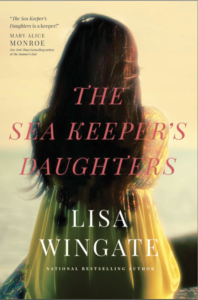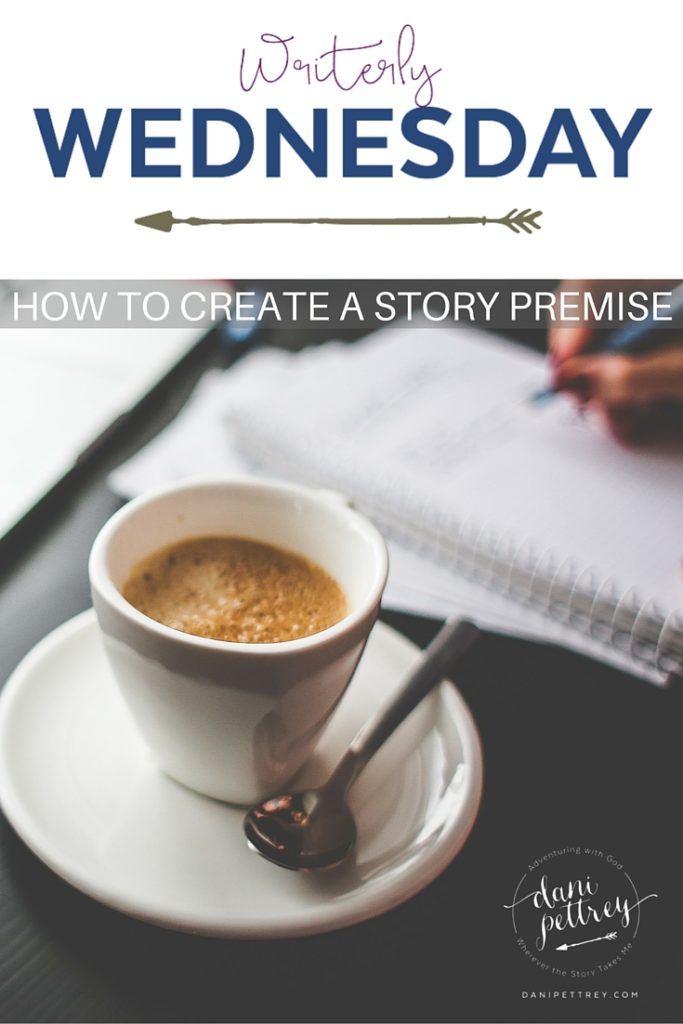
How to Create Your Setting From Scratch
A few years ago when I set out to write about royal romances, I knew I would have to develop my own kingdoms, much like Meg Cabot's Genovia, and develop my own royal families and customs.
If you think making up people is hard, try creating a country! To create a history the reader must be convinced that they learned in school! I know the spec writers are used to this but it was an exercise in diligence for this romance author.
Choosing A Name
First, I had to come up with a name. Seemingly simple on the surface but as I mulled over different titles, and googled them, I discovered it wasn't so easy. Some names I liked were in the Urban dictionary with derogatory meanings. Others were technical terms. Or actual gaming worlds. (Great minds think alike. Bwhaha!) Go figure the gaming world would have the best kingdom names.
I decided to choose a name that sounded like the kind of kingdom I wanted. Could I use it to describe the people, the geography, the royal family?
I chose the name Brighton for my first kingdom. I used a headline for the brothers-prince:
The Future Looks Bright For The Princes Of Brighton.
Ah, clever right? Yea... ;p
However I didn't thoroughly research Brighton. I knew it was a city in England but didn't really take it into account. And I should have. The name does work and it felt right to me, but a few of my English friends made comments that it was a coastal British city.
My second country was the Grand Duchy of Hessenberg. I wanted a duchy because it added a different texture and flavor to the stories. I also wanted a more Germanic sounding name.
In my research of European duchies, I discovered many were once mighty nations like Normandy, Tuscany, and Saxony, but over the centuries were absorbed into larger nations like France, Italy and Germany.
What if my duchy faced a similar peril? The story thread for my second novel was born.
Culture
Once I came up with names, I had to figure out the culture. For the sake of simplicity, I gave them both a British culture. The language was English and the money in pounds.
Research revealed various traditions and customs and laws among European royals, so I was able to develop my own royal protocol that felt authentic.
After World War I, many of the European royal houses collapsed including Russia, France, Italy, and Germany - so I used that to cause problems for Hessenberg.
I decided both were rich in art and film, ancient feeling nations with a long history. A long history does impact the culture. The people come from something. They've endured trials and dark times, as well as light and success.
Even if you’re NOT making up a country but perhaps a city, or even using a real location, gather history and research as a backdrop for characterization and plot.
Location
Next I had to decide where to put my little kingdoms. Since I initially wanted a German influence in Hessenberg, I decided to put both nations in the North Sea.
There's not much there but oil rigs and shipping lanes, but what a great opportunity to create natural resources for my country.
Economy
I decided both nations had a wealth of natural resources like minerals and gems. Oil and gas. Shipping also played a part in their economy, as well as tourism. Ask yourself what the Gross National Product might be. ;p
Geography
Since my kingdoms are island nations, I gave them rich coast lines and gorgeous beaches and lots of tourism to go along with it.
I also made them mountainous so the characters could have a bird's eye view of the ocean. I just loved the idea of the heroine standing on top of a mountain and looking down over an enclosed bay.
To anchor the characters, I created a capital city in each country and of course, a royal palace. Or two. I did a lot of research on European architecture, trying to blend British, German and Russia styles. I came up with business, street names, all the things one would do if making up a city in a familiar American setting.
Be specific. Great streets, local hangouts, shopping, apartments, offices.
You’ll start wide but zero in, smaller and smaller, until you see the pattern on the wallpaper.
History
The history path was a bit humorous. Because I didn't know all of the history myself, the characters spoke to each other as if it was a brand new to them too:
"Hey, listen to this new information. You know my country Brighton, in the North Sea, by England?"
Ha! Pretty sloppy. So, while rewriting, I changed the dialog to sound as if my American heroine studied Brighton Kingdom history in school. Now, when the prince referenced an historical point, she'd respond, "The Entail of 1914? I remember from history. What about it?"
I also had to weave my royal family in with the rest of the royal families of Europe. King George IV, Czar Nicholas II and Kaiser Wilhelm II were first cousins. Grandsons of Queen Victoria. I made my House of Stratton on of her descendants as well.
I made Brighton a serf kingdom for England until the 1550s when the first king, King Stephen, freed the people from Henry VIII. With that in view, I had to decided what kind of people lived on the island then and what kind of descendants they created. That's when the story started to feel more real to me.
And when the story feels real to me, it will feel real to the reader.
The same will happen with you. Make sure you know your world. It won't happen on the first draft but as you write, things will begin to pop. Holes will be revealed.
There you have it. A few tips for creating your own world.
Go write something brilliant.
 New York Times and USA Today Bestselling author Rachel Hauck lives in sunny central Florida with her husband and ornery cat.
New York Times and USA Today Bestselling author Rachel Hauck lives in sunny central Florida with her husband and ornery cat.
A graduate of Ohio State University with a degree in Journalism, she worked in the corporate software world before planting her backside in uncomfortable chair to write full time 12 years ago. Rachel is a huge Buckeyes football fan. Her latest release, The Wedding Shop, earned a Booklist Starred review. “Spellbinding.” You can visit Rachel in the places below:
Thanks so much for joining us on Writerly Wednesday! Rachel has graciously offered to give away an autographed copy of The Wedding Shop. Just leave a comment or question, and you'll be entered. Last week's winner of Becky Wade's To Have and To Hold is Edwina! Congrats, Edwina. Email me your mailing address to dani@danipettrey.com and we'll get your book in the mail. Have a great week, everyone.
Blessings,



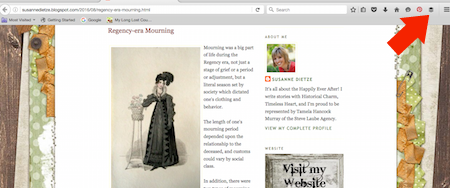
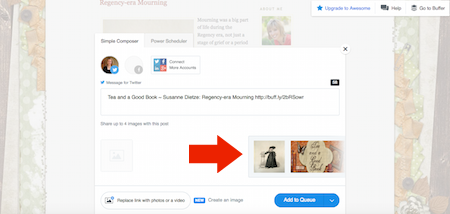
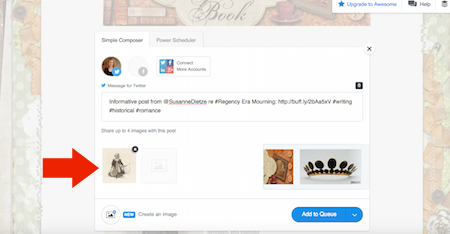

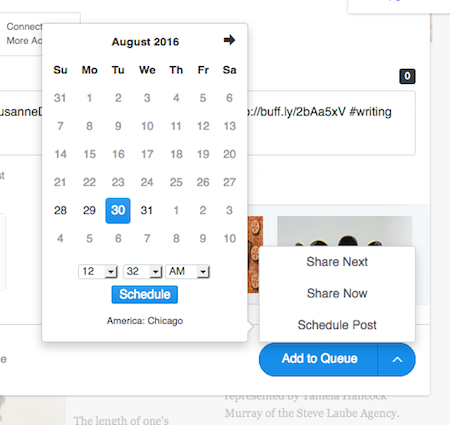
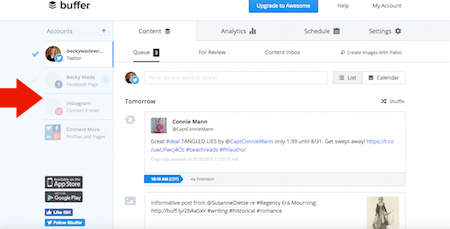
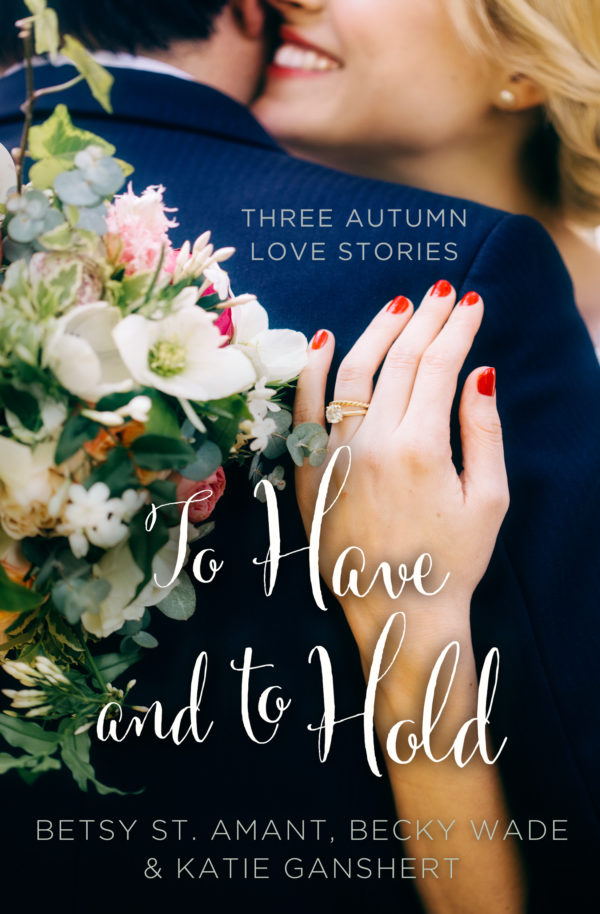
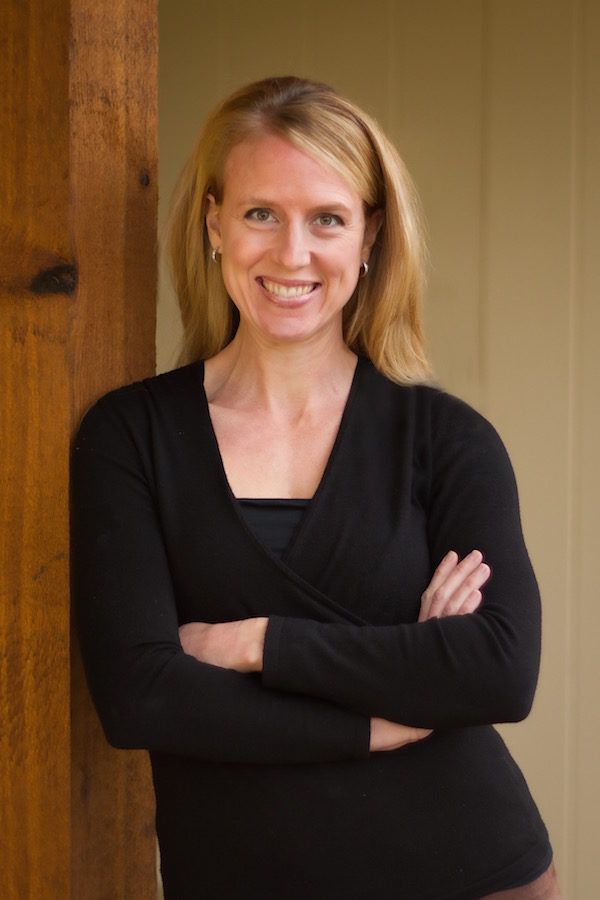


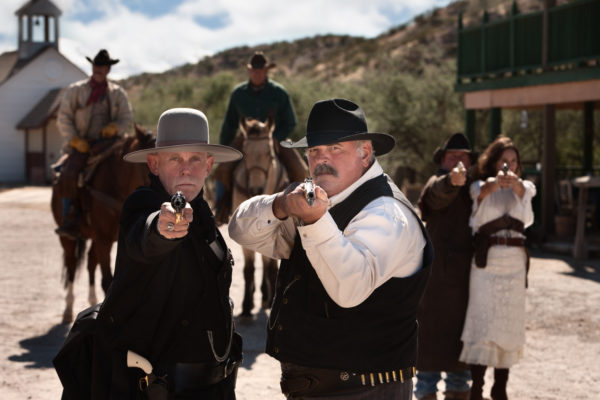
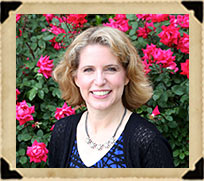

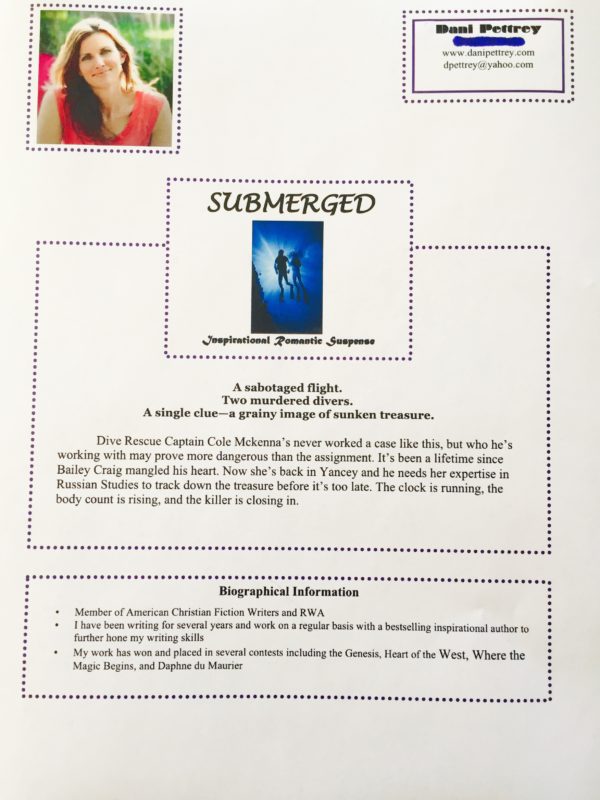
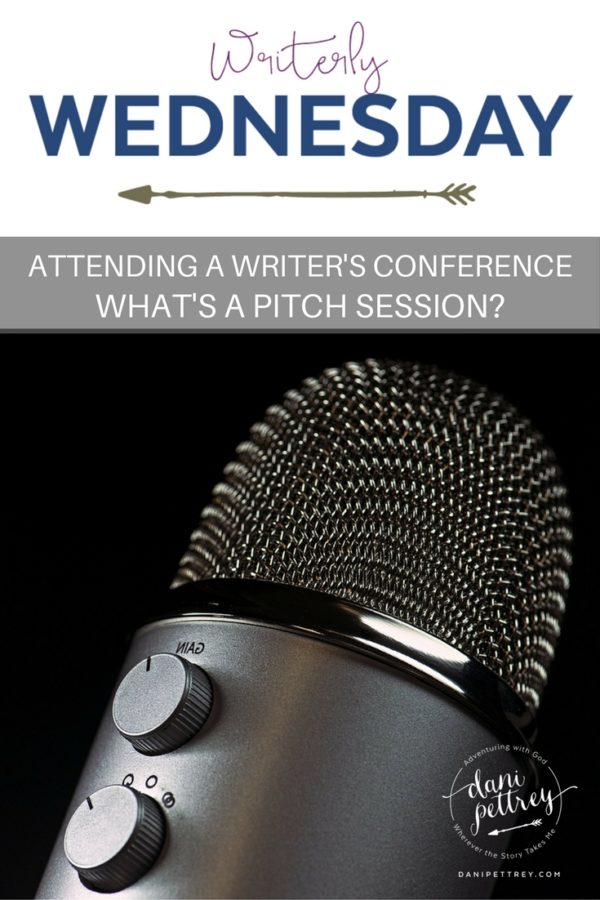 Happy Wednesday, friends! Thanks so much for joining me, and for giving my previous guests such a warm welcome. It's getting to be that time of year when a number of writing conferences take place, including my favorite--#ACFW. The
Happy Wednesday, friends! Thanks so much for joining me, and for giving my previous guests such a warm welcome. It's getting to be that time of year when a number of writing conferences take place, including my favorite--#ACFW. The 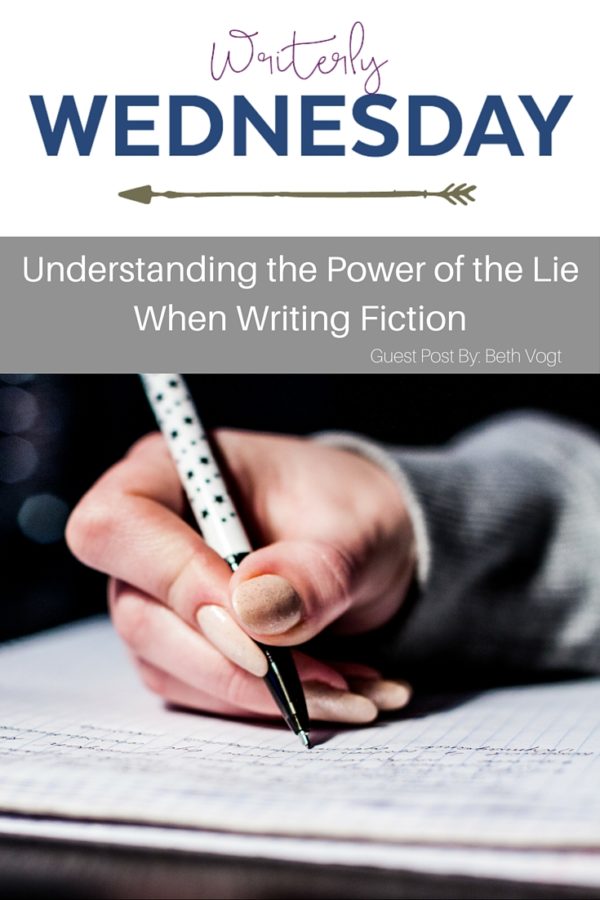
 Today, I'd love to introduce a lovely writer, lady and friend. If you aren't familiar with
Today, I'd love to introduce a lovely writer, lady and friend. If you aren't familiar with 
